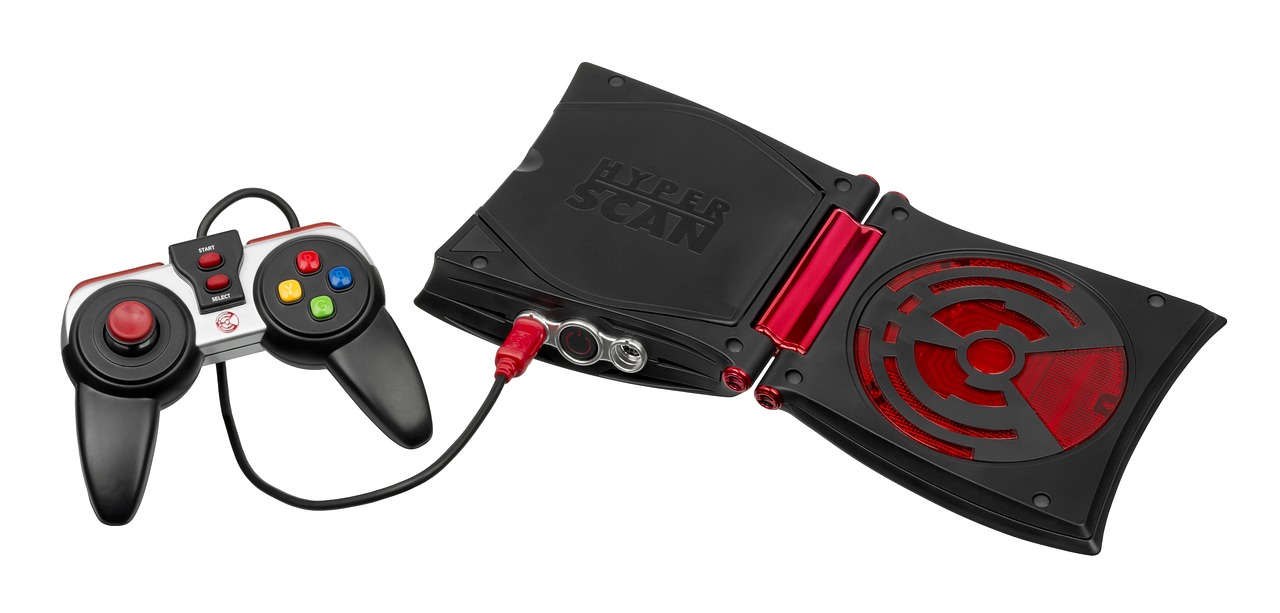Can PLC Controller Be Directly Replaced If It Goes Wrong?
The short answer is no. PLC controllers are complex pieces of equipment that play a crucial role in the operation of many industrial and automation systems. When a PLC controller malfunctions or fails, it cannot simply be replaced directly. The reason for this is that PLC controllers are often customized to meet the specific needs of a particular application or system. They are designed to work in harmony with other components and equipment, and their replacement needs to be carefully planned and executed.Replacing a PLC controller directly can also pose a significant risk to the safety and reliability of the system. The new controller may not be compatible with the existing equipment or it may not have been properly tested or validated. This could lead to unexpected behavior or even system failure.Therefore, when a PLC controller goes wrong, the best course of action is to contact the manufacturer or a qualified technician for assistance. They will be able to diagnose the problem and provide a suitable solution either by repairing or replacing the controller. In some cases, it may even be possible to upgrade the controller to a newer model that offers improved performance or functionality.
PLC controllers, also known as programmable logic controllers, are crucial components in industrial automation systems. They play a significant role in automating machines and processes, improving efficiency and reducing operational costs. However, like any other electronic device, PLC controllers are also prone to failures and damages.
If a PLC controller were to go wrong, the first question that would arise is whether it can be directly replaced or not. The answer to this question depends on several factors, including the type of PLC controller, its age, the severity of the problem, and the availability of spare parts.
Firstly, the type of PLC controller can affect the replacement process. There are different types of PLC controllers available in the market, each with its own unique features and specifications. Some PLC controllers are designed to be easily replaceable, while others may require more complex procedures to replace.
Secondly, the age of the PLC controller can also play a role in determining whether it can be replaced or not. Older PLC controllers may have become obsolete or difficult to find spare parts for. In such cases, replacing the PLC controller may not be possible or feasible. However, if the PLC controller is relatively new and still in production, it may be easier to find a replacement or spare part.

Thirdly, the severity of the problem with the PLC controller can affect whether it is necessary to replace it or not. If the problem is minor and does not affect the overall performance of the system, it may be possible to repair or troubleshoot it without replacing the PLC controller. However, if the problem is severe and causes significant performance degradation or system failures, replacing the PLC controller may be the only viable solution.
Finally, the availability of spare parts for the PLC controller can also affect the replacement process. If there are common spare parts available for the PLC controller, it may be easier to find a replacement or repair kit. However, if there are no common spare parts or if they are difficult to find, it may be more challenging to replace the PLC controller.
In conclusion, whether a PLC controller can be directly replaced or not depends on several factors. If you find yourself in a situation where you need to replace a PLC controller, it is essential to assess all of these factors carefully before making a decision. By considering these factors and consulting with experienced technicians or engineers, you can make a more informed decision about whether to replace or repair your PLC controller.
Articles related to the knowledge points of this article:
The truck plc controller: a crucial component for efficient truck operation
Pool State PLC Controller Quotes
Computer PLC Controller Software: The Heart of Modern Automation